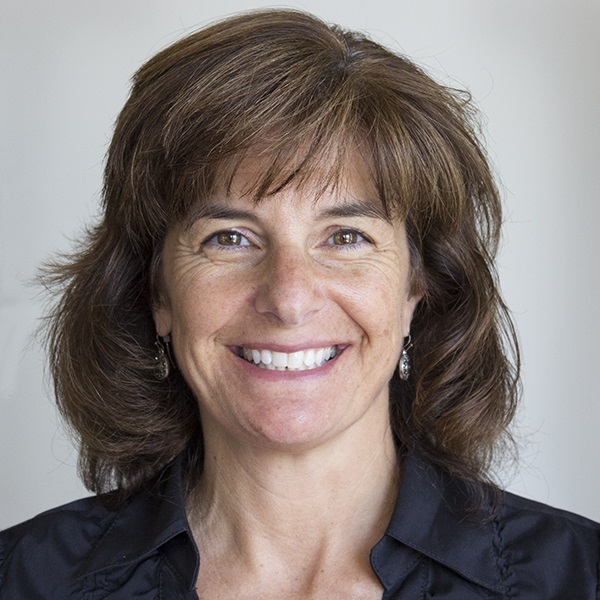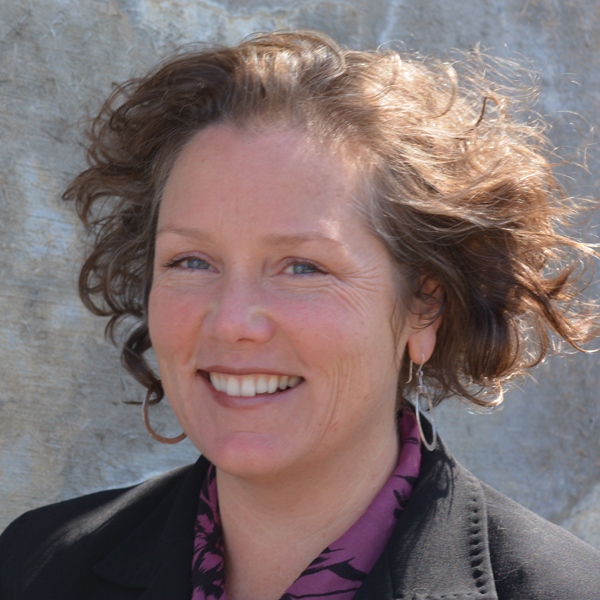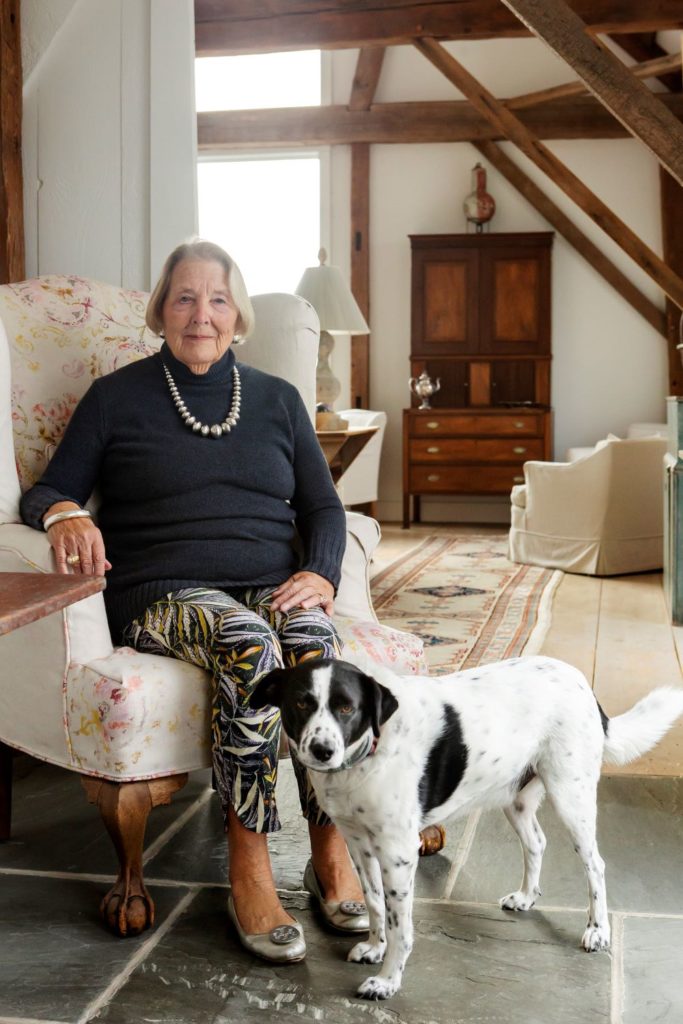Jen Richard, MaineCF’s senior director of gift planning, speaks with colleague Hannah Whalen, director of philanthropy and donor services, about conversations with donors when making a Qualified Charitable Distribution (QCD) from their Individual Retirement Account (IRA).

Jen Richard, senior director of planned giving
Jen Richard: We know many people over the age of 70½ are taking advantage of making a Qualified Charitable Distribution (QCD) gift to benefit charitable organizations. What kinds of conversations are you having with donors?
Hannah Whalen: Most conversations begin with questions – I ask donors about their charitable interests and what is important to them now. As I learn more about their philanthropic aspirations, sometimes the answer is to simply make a QCD gift directly to their favorite nonprofit organization(s). Other times, I see their interest areas could align with an existing fund or initiative at the foundation.

Hannah Whalen, director of philanthropy and donor services
Richard: What are some examples of existing funds at MaineCF that a donor might choose for contributions?
Whalen: We have more than 2,000 funds at MaineCF and most of them qualify for a QCD gift. If a donor hopes to address immediate needs in Maine, I mention our Critical Issues Fund. If they want to invest in supporting Maine for the long term, it’s
the Invest in Maine Fund. Our county funds are quite popular; we have an endowed fund for every county to support current and future needs in those regions.
We also have more than 20 grant funds, each with a specific focus, such as the environment, LGBTQ issues, the arts, animal welfare, and for Black, Indigenous, and other people of color. In addition, MaineCF stewards more than 650 scholarship funds that welcome contributions, such as our Adult Learner Scholarship Fund. Donors also may want to support a specific fund. The David Moses Bridges Scholarship Fund, for example, was established in 2017 to support education and engagement in the arts and culture of Indigenous people. We always receive more grant requests and scholarship applications than we can possibly fund, so a QCD is a welcome gift that makes a difference.

"Each year, we make a gift to the Critical Issues Fund and the Oxford County Fund from my IRA. These gifts represent a tax-exempt withdrawal, as we ask our investment manager to send funds directly to MaineCF. We allocate the gifts as a part of my required withdrawal. This is a way to easily fund charitable donations, in a tax-free manner to us." -Bill Keiffer
Richard: What types of funds can a donor create at MaineCF that are eligible for a QCD gift? Are there particular circumstances when you might see this happen?
Whalen: A designated fund is a great option for a QCD gift. This type of fund functions as an endowment for a specific
nonprofit chosen by the donor. These can be established with a minimum $10,000 gift and benefit the named nonprofit annually long into the future. Scholarship funds and field-of-interest funds are other options. Of course, donors don’t have to create a new fund – they can simply contribute to any existing funds at MaineCF.
I should mention that a number of people have already included MaineCF in their will and some have given us instructions to create a specific fund or funds after they die. If these bequest donors have required minimum distributions that they do not need now, they might want to jumpstart a future fund with a QCD gift so they can see the benefit of their giving. That fund could be “topped off” later through their bequest.
Richard: Although we know that a gift to a donor-advised fund (DAF) from an IRA does not qualify as a Qualified Charitable Distribution for tax purposes, do you think this is common knowledge?*

Anne Vartabedian of Southport supports local nonprofit organizations through her Qualified Charitable Distribution. Her giving also helps the community foundation address issues in Maine as they emerge. “I was glad to learn I could make a gift directly from my IRA to MaineCF. My QCDs were used to help build my local county fund [Lincoln] and the Invest in Maine Fund.” (Photo by Ashley L. Conti)
Richard: What do you tell them?
Whalen: First, I ask if they have discussed this gift with their professional advisors and I encourage them to do so if they haven’t. The rules can be complicated. Then, I let them know the gift will not qualify as a QCD if it is given to their DAF. But the good news is that many other gift options do qualify as a QCD.
Richard: We say that we are partners in philanthropy. What does that mean in your relationship with donors?
Whalen: The community foundation is a place where people can learn about issues, make grants, and see their giving making a difference. We invest and grow funds while our donors actively give to their community. We get to know people’s interests, we listen, and as a statewide organization we can share information from our bird’s-eye view of what is going on in Maine. Our Giving Together program allows donors to access proposals submitted to our competitive grant programs. I love hearing from Maine nonprofit partners who tell us how grant funding from donors makes a difference every day in their important work. It’s incredibly
satisfying for all parties to be part of this giving cycle. It truly is a partnership.
*Note: A person can make a gift from an IRA to a DAF, but it does not qualify as a QCD. The IRA withdrawal would be included in the donor’s income and if the donor itemizes their deductions, they may receive a charitable deduction for the gift. The IRS rules relating to gifts of retirement funds are complex and should be discussed with the donor’s personal tax advisor.





